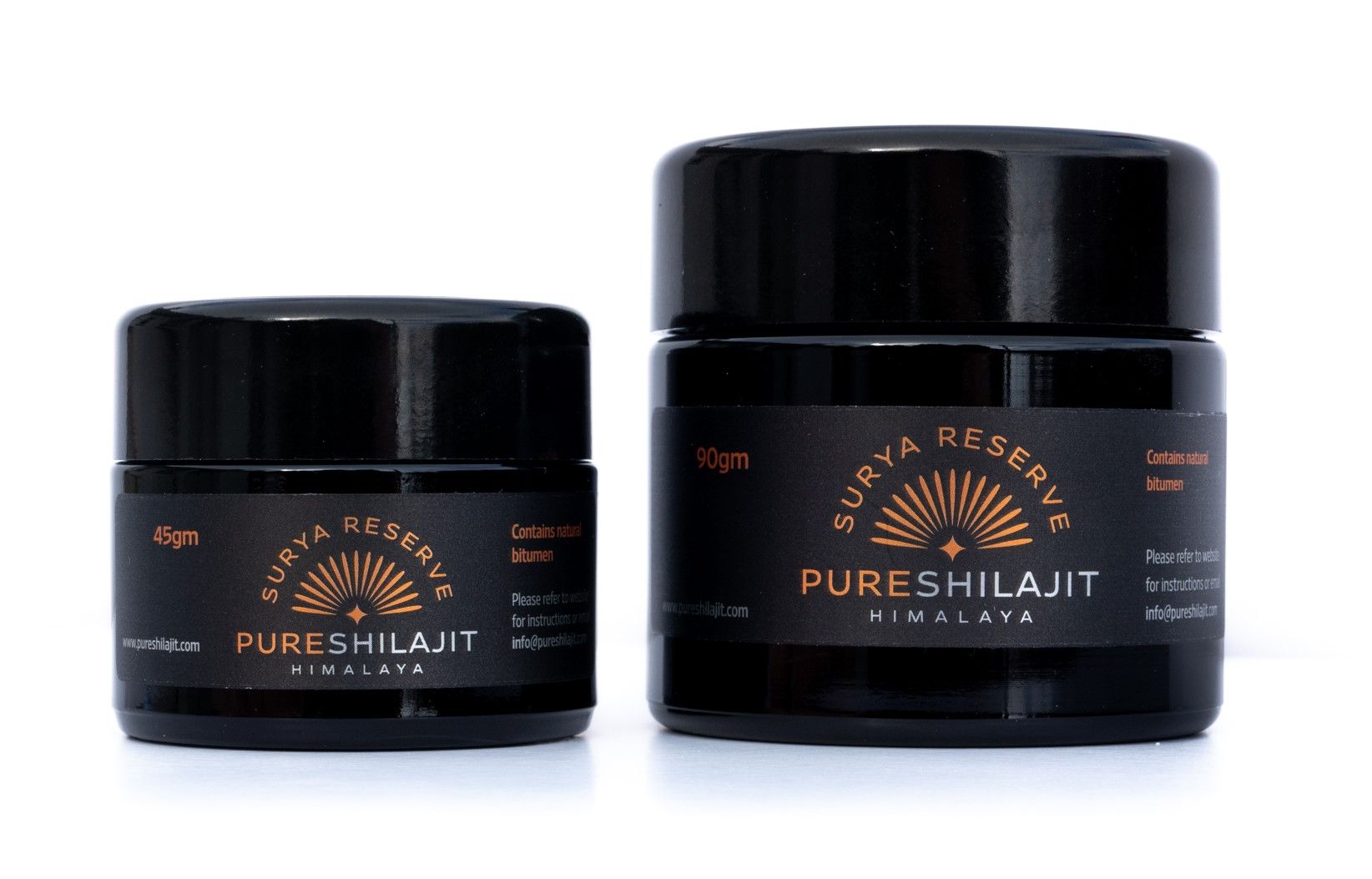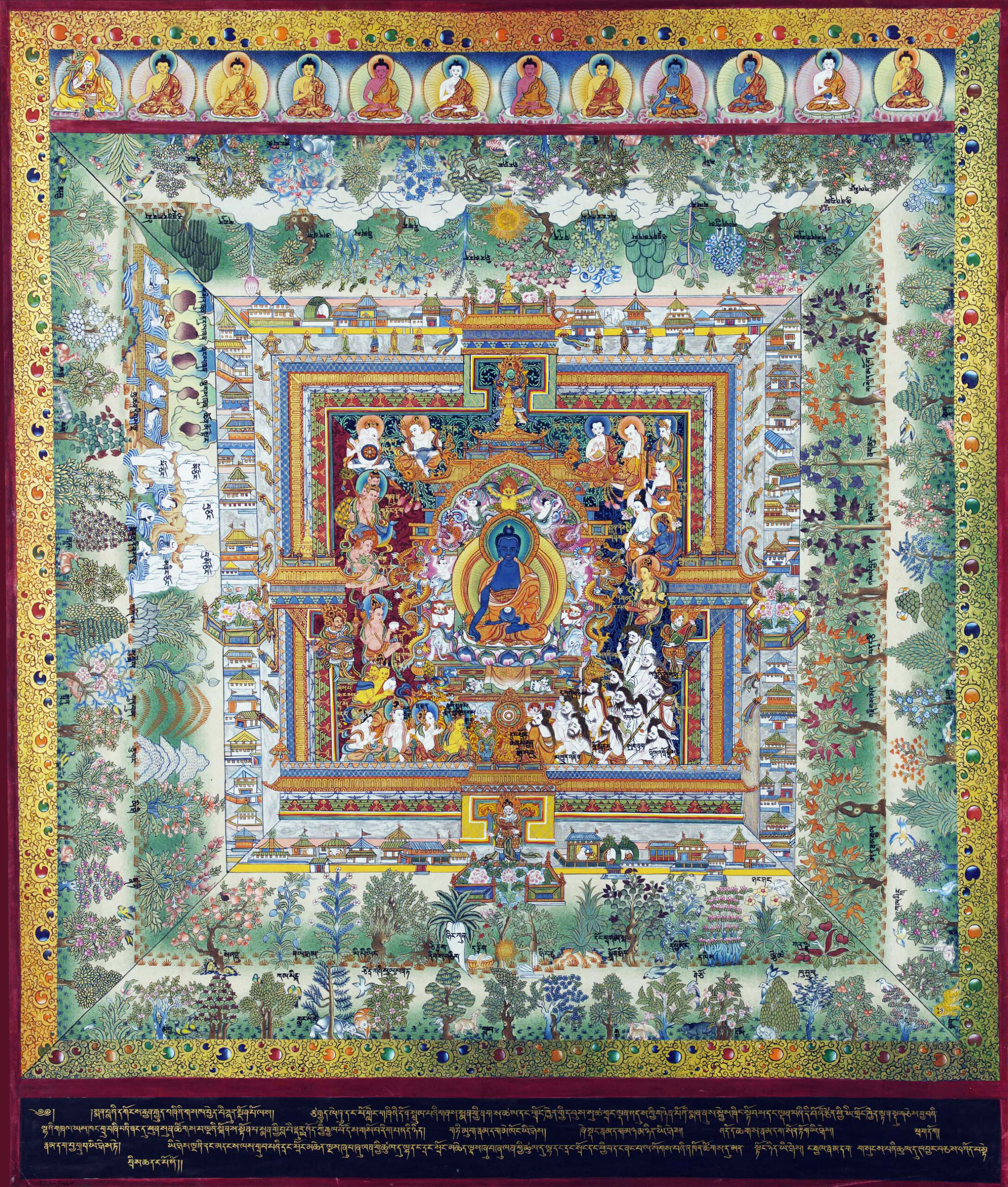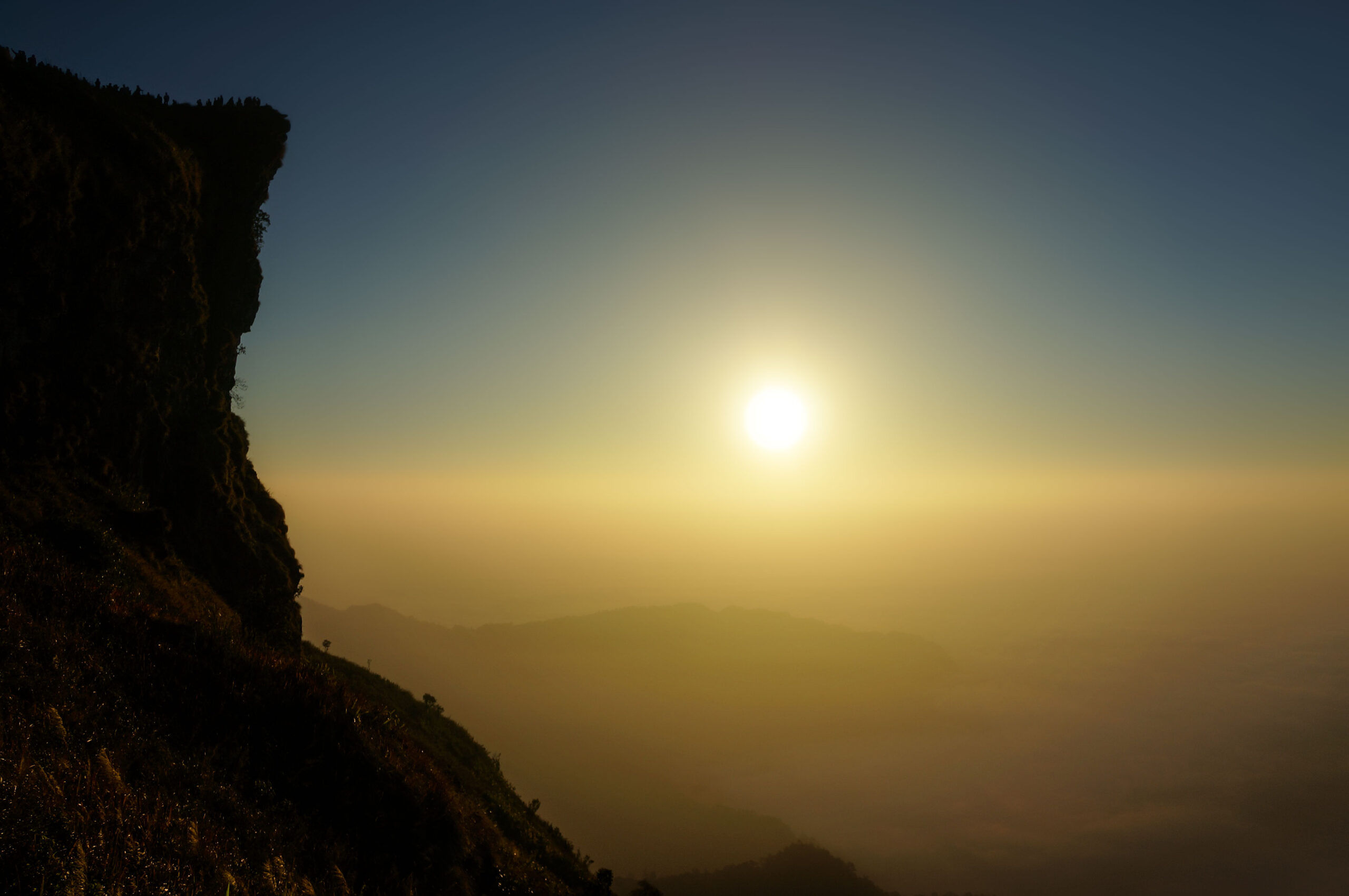Pure Shilajit is featured in today’s U.S. edition of The Wall Street Journal, with the headline: Could Rock Extracts Boost The Body’s Immune System?
The article started with one western pharmacist claiming there was no known effect, but they went on to interview Dhaval Dhru, acting chairman of the department of Ayurvedic Sciences at Bastyr University in Kenmore, Washington who stated Shilajit’s effectiveness. The Wall Street Journal then also listed the 2012 study in Chile where a group of patients with Alzheimer’s Disease experienced their symptoms decrease when taking Shilajit in combination with a B vitamin supplement.
The Claim: Minerals and acids taken from rocks, including shale in the U.S. and tar from India, are good for your health. Rock ingredients vary, but can include fulvic and humic acids, and dozens of metals and minerals including iron, zinc, gold and silver, scientists say. Proponents say these ingredients soothe inflammation, boost the immune system and act as an antioxidant. A well-known rock-based treatment is shilajit, (pronounced shil-a-jeet), a tar-like substance scraped from rocks in the Himalayas.
The Verdict: Philip J. Gregory, a pharmacist at ConsumerLab.com., which does independent testing on dietary supplements says “Composition of rock-based therapies may vary from sample to sample, so it’s hard to be sure exactly what you’re getting”.

ILLUSTRATION: F. Martin Ramin for The Wall Street Journal
Pure Shilajit, a Himalayan tar-like resin which can be mixed in a liquid, sells for $380 for 90 grams.
The idea of consuming the nutrients in rocks for health benefits goes back thousands of years, says Dhaval Dhru, acting chairman of the department of Ayurvedic Sciences at Bastyr University in Kenmore, Wash. In ayurveda, or traditional Indian medicine, a small amount of shilajit is taken in warm milk, he says, to improve libido and treat a range of health problems such as diabetes and anemia.
In his practice, Dr. Dhru says shilajit does appear effective, particularly in combination with lifestyle changes, but he also counsels patients to continue taking Western medicines until they are no longer needed.
Today, shilajit and other rock extracts are sold in the tar-like form directly from the rock and in powders and capsules. Costs range from under $10 for a month’s supply of capsules to more than $100 a month for the pure resin.
Human trials are rare. In a six-month study of 16 Alzheimer’s patients published last year, researchers at the International Center for Biomedicine in Santiago, Chile, found that patients who took a blend of shilajit and vitamins experienced fewer disease symptoms on 12-point rating scale than those taking a placebo.
Pure Shilajit of Ogonnelloe, Ireland, sells a Himalayan resin for $380 for a 90-gram supply that lasts about three months, or $490 for a premium sun-treated version.






Leave A Comment